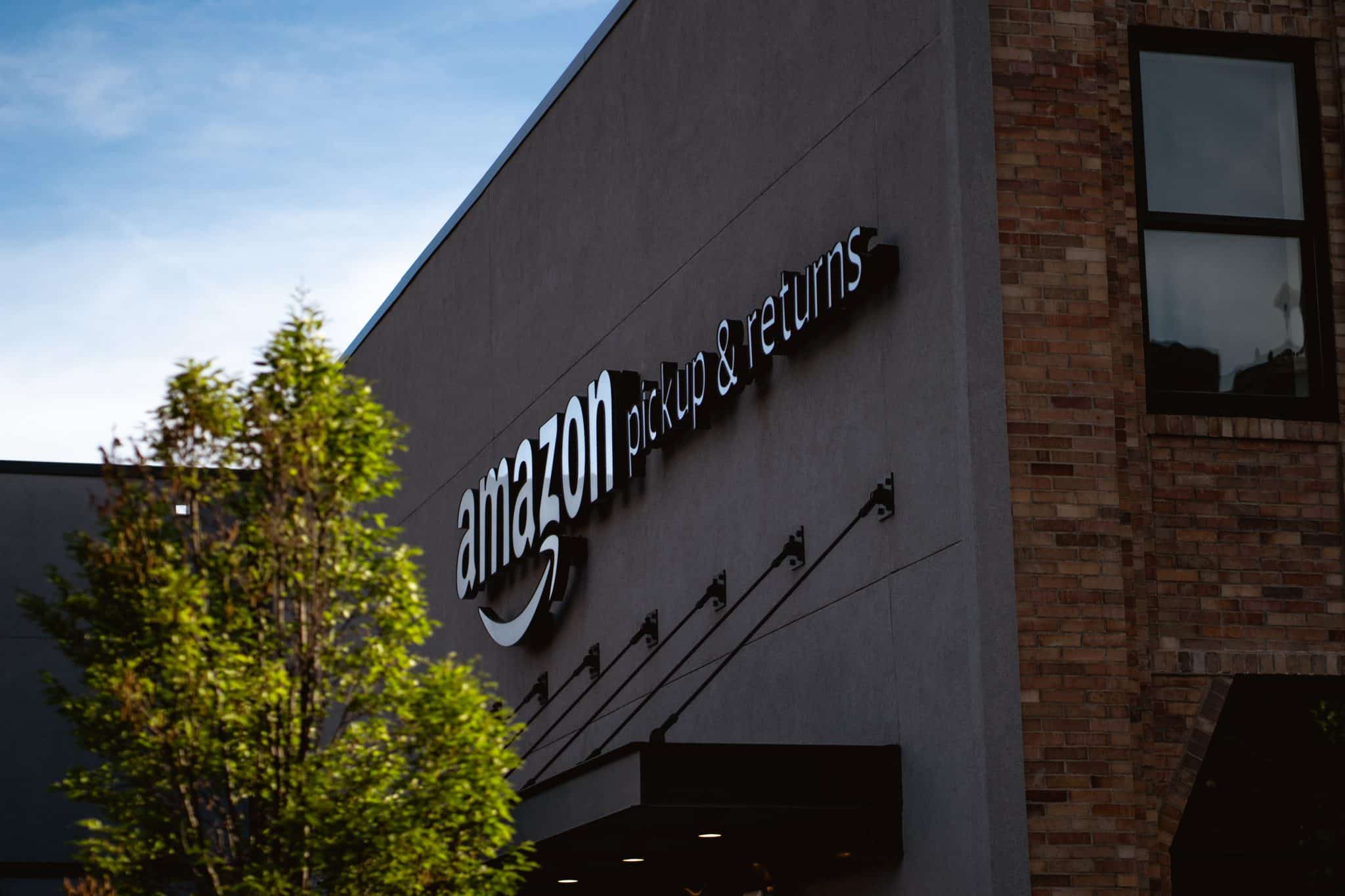
Zachary Boullt is a student at Harvard Law School.
In February, food-delivery app Foodora’s workers won the right to unionize in Canada after a precedent-setting ruling from the provincial labor board that the workers had been misclassified as independent contractors. This ruling was the first of its kind for gig workers in Canada. Now, amidst Foodora worker unionization efforts, Foodora has abruptly announced that it is withdrawing operations from Canada within the next two weeks. Though Foodora cites the “highly competitive and saturated Canadian environment” as reason for its withdrawal, it removed the hours cap on its employees last week, citing increased demand. Foodora’s rapid withdrawal has ended the workers’ unionization efforts with the Canadian Union of Postal Workers, as the workers’ employment has been terminated. The Foodora workers had come the closest of all app-based workers in Canada to unionization.
In response to Amazon firing organizer Chris Smalls after an employee walkout, New York’s Attorney General Letitia James has begun investigating the company’s pandemic labor practices. James has reported preliminary findings that Amazon may have fired Smalls in violation of state whistle-blower protection laws. Preliminary findings also indicate that Amazon warehouse working conditions may have violated OSHA standards. Amazon has responded by asking investigators to compare their practices with other retailers.
As some states begin the process of reopening, state labor departments are struggling with how to handle unemployment claims from individuals called back to work that are vulnerable to the virus or concerned about its spread. Colorado’s department is a primary example. Despite only 29% of state residents favoring easing health restrictions according to state polling, the state has begun a 10-day rollout of reopening retailers and office businesses. Workers that do not feel safe are facing a catch-22 of returning to work or risking losing unemployment benefits. Consequently, Governor Polis has directed the labor department to draft new emergency COVID-19 rules. Early drafting of the new rules indicate that unemployment claim approvals will be based on four factors: the objective risk of the workplace, the workplace’s normal level of risk without the virus, the worker’s coronavirus vulnerability based on professional medical standards, and the vulnerability of anyone the worker lives with. However, the rule is not yet in effect as of this writing.
The Trump administration is facing criticism for its understaffing of OSHA inspectors during the pandemic. At the start of the year, OSHA had 862 inspectors, the lowest amount since 1975. Nearly half of OSHA’s leadership positions have also remained unfilled, including the role of assistant secretary of Labor for occupational safety and health. Agency understaffing led to OSHA issuing an April 13 announcement that it would try to deal with coronavirus complaints informally through employers conducting their own investigations, rather than OSHA sending its investigators. This understaffing has been highlighted at a time when OSHA is trying to ramp up its investigation of health care facilities and meatpacking plants, though retail stores remain largely uninvestigated.






Daily News & Commentary
Start your day with our roundup of the latest labor developments. See all
October 10
California bans algorithmic price-fixing; New York City Council passes pay transparency bills; and FEMA questions staff who signed a whistleblowing letter.
October 9
Equity and the Broadway League resume talks amid a looming strike; federal judge lets alcoholism ADA suit proceed; Philadelphia agrees to pay $40,000 to resolve a First Amendment retaliation case.
October 8
In today’s news and commentary, the Trump administration threatens no back pay for furloughed federal workers; the Second Circuit denies a request from the NFL for an en banc review in the Brian Flores case; and Governor Gavin Newsom signs an agreement to create a pathway for unionization for Uber and Lyft drivers.
October 7
The Supreme Court kicks off its latest term, granting and declining certiorari in several labor-related cases.
October 6
EEOC regains quorum; Second Circuit issues opinion on DEI causing hostile work environment.
October 5
In today’s news and commentary, HELP committee schedules a vote on Trump’s NLRB nominees, the 5th Circuit rejects Amazon’s request for en banc review, and TV production workers win their first union contract. After a nomination hearing on Wednesday, the Health, Education, Labor and Pensions Committee scheduled a committee vote on President Trump’s NLRB nominees […]